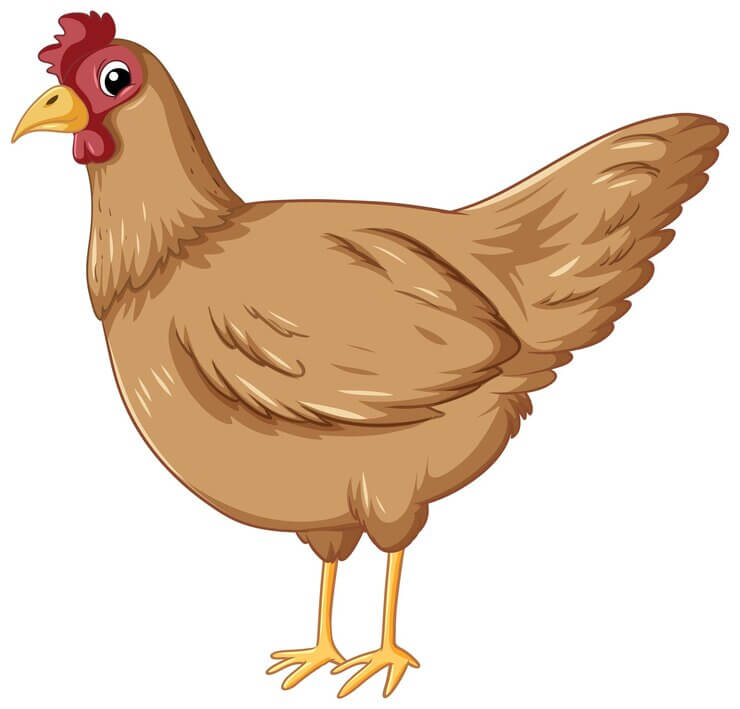
Chickens can be delightful additions to a homestead, providing fresh eggs, natural pest control, and entertainment with their quirky behavior. However, their love for scratching, pecking, and foraging can wreak havoc on a garden if not properly managed. Keeping chickens out of the garden requires a combination of strategies that protect your crops while allowing your feathered friends to roam and thrive. In this comprehensive guide, we’ll explore effective methods for keeping chickens out of the garden while maintaining a harmonious balance between poultry and produce.
1. Secure Garden Fencing:
Installing secure fencing around the perimeter of your garden is one of the most effective ways to keep chickens out. Use sturdy wire or hardware cloth fencing that is at least 4 to 6 feet tall to prevent chickens from flying or hopping over. Bury the bottom of the fence underground or extend it outward to deter digging. Ensure that the fencing is properly anchored and free from gaps or openings that chickens could squeeze through.
2. Chicken-proof Garden Gates:
Gateways and entrances are common entry points for chickens into the garden. Install chicken-proof garden gates with latches or locks that are difficult for chickens to operate. Opt for gates with solid panels or mesh screens that prevent chickens from slipping through gaps or reaching through to access plants.
3. Create Barrier Plants:
Planting barrier plants around the perimeter of the garden can serve as a natural deterrent for chickens. Choose dense, thorny, or prickly plants such as rose bushes, holly shrubs, or blackberry brambles to create an effective barrier that chickens are less likely to penetrate. These plants not only provide protection but also add beauty and biodiversity to your garden landscape.
4. Use Raised Garden Beds:
Raised garden beds offer several advantages when it comes to keeping chickens out of the garden. Elevated beds are more challenging for chickens to access and provide a physical barrier that protects crops from scratching and foraging. Construct raised beds with solid sides or cover them with wire mesh or netting to further deter chickens.
5. Implement Temporary Exclusion Methods:
During peak gardening seasons or when certain crops are particularly vulnerable, consider implementing temporary exclusion methods to keep chickens out of specific areas. Use movable fencing, temporary barriers, or chicken wire cloches to protect newly planted seedlings, delicate plants, or ripening fruits and vegetables.
6. Provide Alternative Foraging Areas:
Chickens have a natural instinct to forage for insects, seeds, and vegetation. Provide designated foraging areas outside of the garden where chickens can scratch, peck, and explore to their heart’s content. Scatter scratch grains, compost piles, or create a dedicated chicken run with vegetation and insect-rich soil to satisfy their foraging instincts and divert their attention away from the garden.
7. Train and Supervise:
Training your chickens to stay out of the garden requires patience, consistency, and positive reinforcement. Use verbal commands, treats, and gentle redirection to encourage chickens to avoid the garden area. Supervise free-ranging chickens and intervene promptly if they show signs of straying into forbidden territory.
8. Clip Wings (Optional):
For chickens that are habitual fliers or escape artists, consider clipping their flight feathers to prevent them from flying over garden fences or barriers. Wing clipping should be done humanely and cautiously, following proper guidelines to avoid causing harm or stress to the chickens.
Conclusion:
Keeping chickens out of the garden requires a combination of preventative measures, physical barriers, and thoughtful planning. By implementing these strategies, you can protect your garden crops while allowing your chickens to roam and forage in a controlled and supervised manner. With proper management and consideration, you can enjoy the benefits of both a thriving garden and happy, healthy chickens on your homestead.